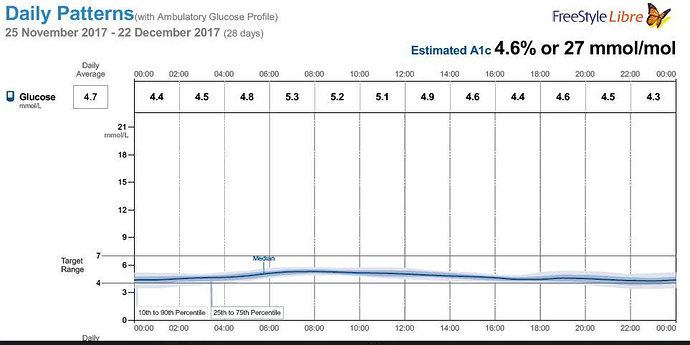Thanks Bob.
I did oral glucose tests with insulin levels some years ago, not sure what year but have been at it since the 90s…that is how I know i have extreme insulin resistance and type 2 diabetes recently reversed wth carnivore diet. I control it with diet, I am not taking any medications…and my HbA1c is 5.7, which is out of the diabetes range, so I have effectively reversed my type 2 diabetes. I don’t want to have any further glucose tolerance tests. I haven’t heard of tests with glucagon.
My understanding is that it is insulin in my case that needs to be dropped and it is less simple the longer you have been diabetic…
I have a very good keto informed doctor and a dietitian who really does know what she is doing with keto and I am following through with them.
Thanks for the suggestion.
Have you had the test you mention, an oral glucose tolerance test with insulin levels and glucagon? I haven’t heard of it before. I accept that my metabolic problem is caused by an underlying insulin disorder of about thirty years standing.
My last two lots of blood tests (twenty pages of them) were ordered by a doctor who is at the top of his game with keto and a few years ago I had knee replacement surgery with an orthopod who is part fi the is charbroiled community too…
I like Ben Bikman, will have a look at this clip thanks for posting it.
Yes, the ketones are taken as a fuel source. This saves/prevents the production of excess glucose.


